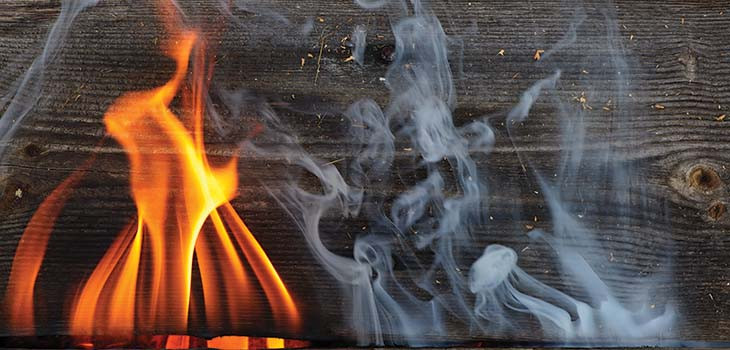
In general, a person under criminal investigation has, before being charged, a reasonable expectation of privacy in respect of information relating to that investigation.
Proverbs frequently show how little we have changed across the ages. And the sharper the image, the greater its likely longevity. One adage, ‘there’s no smoke without fire’, suggests some probable truth in an accusation or rumour. In 1422, English poet Thomas Hoccleve put this as: ‘Wher no fyr maad is, may no smoke aryse’. Later, in 1576, romance writer George Pettie had it as: ‘There is no smoke but where there is some fire’.
Somewhat more recently, on 15 May 2020 Simon LJ in the Court of Appeal in ZXC v Bloomberg LP [2020] EWCA Civ 611, [2020] All ER (D) 97 (May) remarked that: ‘The law should recognise the human characteristic to assume the worst (that there is no smoke without




.tmb-mov69x69.jpg?sfvrsn=961ae4db_1)
95ca96e3d47f4eff8d147c4f0df17c77.tmb-mov69x69.png?sfvrsn=3db5d86b_1)


